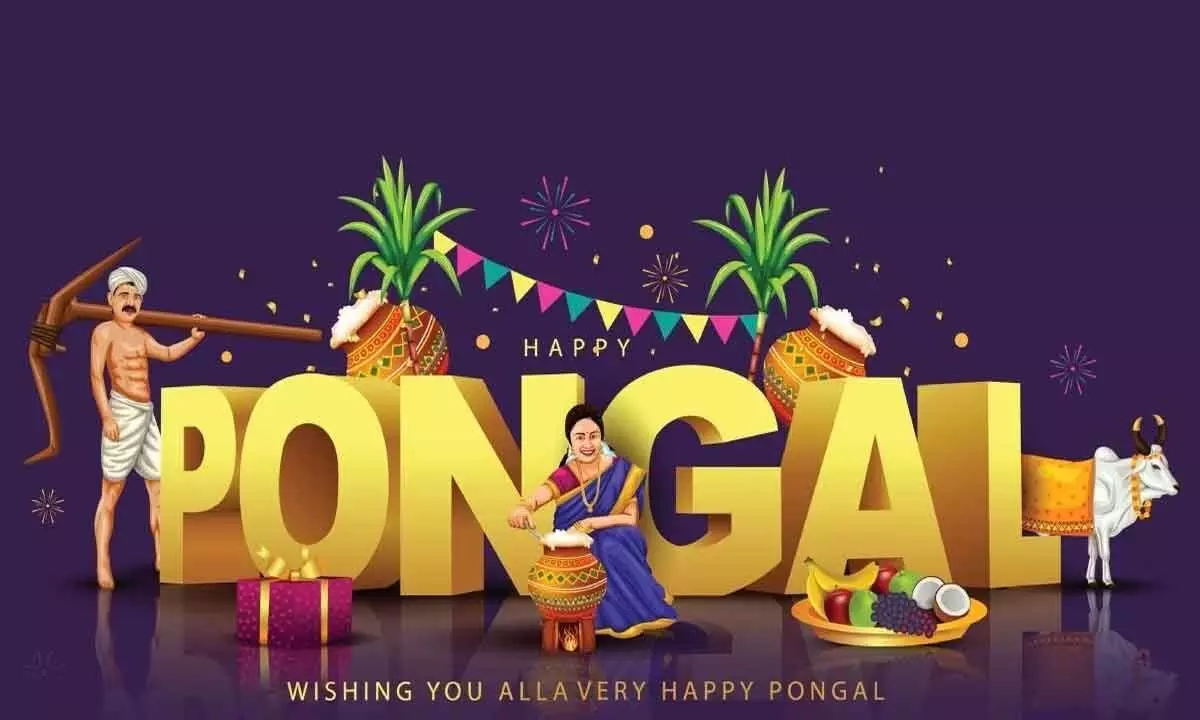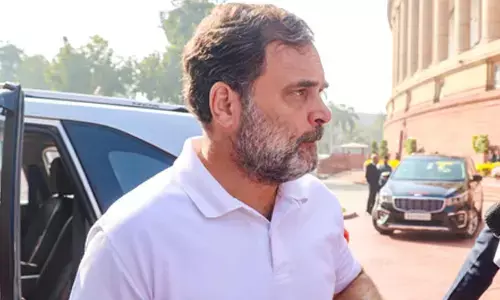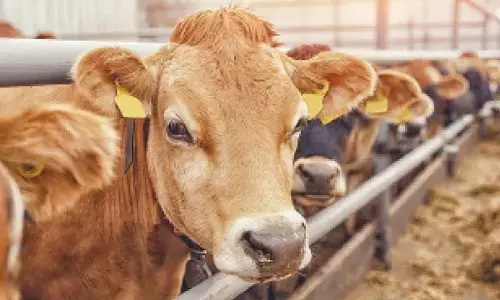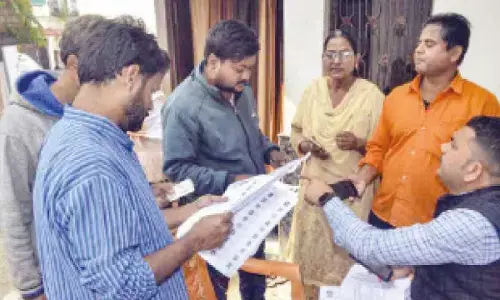Pongal 2024: Date, History, Shubh Muhurat, Puja Samagri, Rituals, and 4 Days of the Festival

Pongal, the vibrant harvest festival celebrated in the southern Indian states, holds immense cultural and historical significance. Rooted in traditions that span back centuries, Pongal is a time when communities come together to express gratitude to the Sun, Mother Nature, and the indispensable role played by cattle in agriculture. As the festival marks the conclusion of winter and the commencement of the harvest season, particularly the rice harvest, it encapsulates the spirit of abundance and prosperity.
Historical Roots of Pongal:
The roots of Pongal can be traced back to the Sangam Age (200 B.C.E. to 300 A.D.), originating as a Dravidian harvest festival. References to Pongal can also be found in Sanskrit Puranas. The festival has evolved from the Thai Un and Thai Niradal festivals celebrated during the Sangam Era, where maidens observed Pavai Nonbu, praying for rain and a prosperous country. The festival's historical significance is reflected in inscriptions, such as the one in the Veeraraghava temple in Tiruvallur, where Chola King Kiluttunga donated lands specifically for Pongal celebrations.
Pongal Date and Observance in 2024:
Pongal is traditionally celebrated in mid-January, aligning with the Tamil month of Thai. This four-day celebration usually falls on either January 14 or 15 every year. According to Drik Panchang, in 2024, Pongal will be observed on January 15, with the Thai Pongal Sankranti Moment at 02:54 AM.
Pongal Rituals and Traditions:
Pongal is a festival that involves diverse rituals and traditions, thanking God for a bountiful crop and prosperity. It also marks the commencement of the Tamil New Year. The festival encompasses various aspects of life, including the sun, the natural world, animals, and all gods, symbolizing an abundance of light and a happy existence.
Four Days of Pongal Celebrations:
Bhogi (First Day):Bhogi signifies the initiation of the festival, marked by cleaning and disposing of old possessions, symbolizing a fresh start. Homes are redecorated, and new clothes are worn.
Surya Pongal (Second Day): The actual celebrations commence on the second day with Surya Pongal, honoring the Sun God. Kolams adorn home entrances, and a special dish named Pongal, a combination of boiled sweet rice, is prepared. A feast is shared among family and friends.
MaatuPonga (Third Day): On this day, known as MaatuPonga, people pay homage to cattle, recognizing their essential role in agriculture. Cows are bathed, adorned with beads, garlands, and bells, acknowledging their hard work in plowing the land.
Kaanum Pongal (Fourth Day): The final day, Kaanum Pongal, is dedicated to community and relationship-building. Families gather for a feast, sharing traditional Indian folk dances like Mayilattam and Kolattam.
Pongal is not just a festival; it is a celebration of nature's bounty, agricultural prosperity, and the unity of communities. As people across the southern states come together to express their gratitude, Pongal becomes a symbol of joy, hope, and the enduring spirit of cultural heritage.















